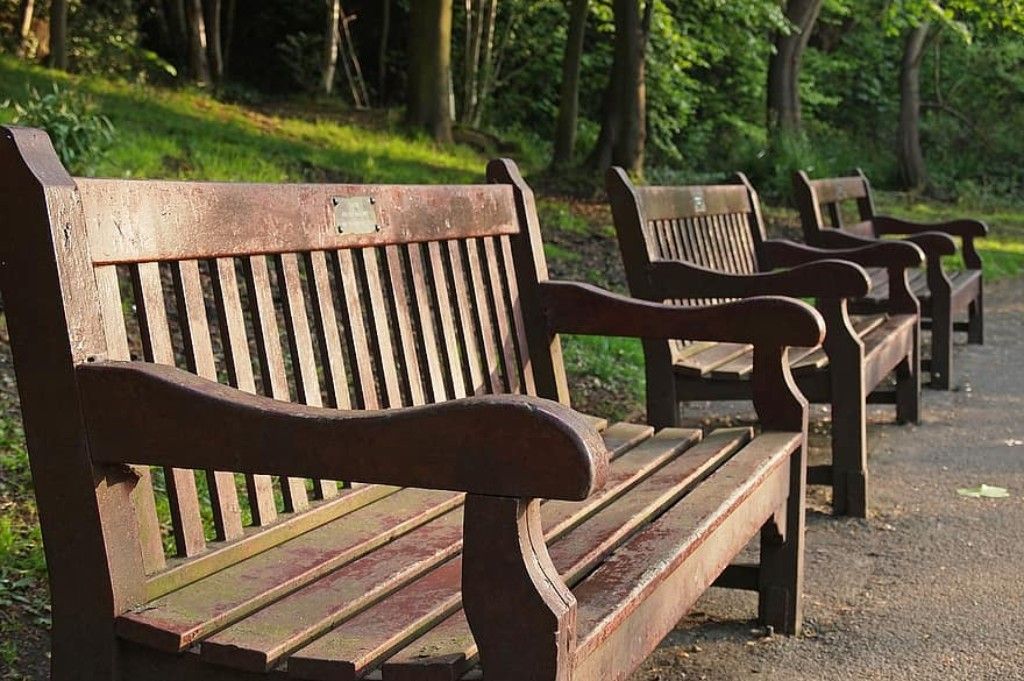“...poets are not born in a country. Poets are born in childhood.”
— poet Ilya Kaminsky
Austin Araujo is a writer from northwest Arkansas. He is currently an MFA candidate in poetry at Indiana University where he received an Academy of American Poets Prize. His poems are published in or forthcoming from Shenandoah, Memorious, The Rumpus, Four Way Review, and elsewhere.
On this edition of the Poets Weave, Austin reads "Irapuato, Guanajuato" and "At the Park on the Edge of the White River."
Welcome to the Poets Weave. I'm Romayne Rubinas Dorsey. Austin, what poems have you brought for us today?
Irapuato, Guanajuato
Past the fountain of dancing water in Miguel Hidalgo Square, through a shop window, a fry cook grills a burger, pressing the patty down sticky-note thin. My mother, herself still sticky-note thin, explores every shoe shop, handing me box after box of which she will keep three. She smiles her vacation smile and I notice for the first time. As a child, I am bored of everything except the sidewalk and food—my neck always hanging down to watch. My father buys us lucha libre figures, their faces like melted butter. Next, he nabs Batman knock-offs: resplendent in their red and purple suits. My brother sprints between the market kiosks, unaware of his lack of direction and I keep the chase dutifully. We lose ourselves by the butcher, recognizing men who almost look like my father until we approach. When we finally find our parents, my mother captures our desperation with a slice of the camera’s lens. She hands me a basket of strawberries. She’s been smiling all day. Maybe, this is what she dreamed when my father convinced her of this trip. What she dreamed at that baile in one of Fayetteville’s greasy clubs, when the only words they could share were pizza and movie and soon, pregnant. To the side of our portrait, women hold folded tortillas with nothing but dragonflies and salt. Still the violence of nourishment. Still the crunch of wings.
At the Park on the Edge of the White River
My brother’s breath stops when he sleeps—
his rest is not rest—which means this moment
we’ve taken to talk, just the two of us,
suffers beneath the filmy layer of his exhaustion.
His eyes gaze down, shoulders curving toward
each other like it takes work for him
to hold his chest together. The boat
of his brow adrift in a pond of sweat.
He perks up to watch someone tubing downstream
and I watch with him. We see this man drink,
glide, and disappear along the water. We hear
two women walking on the path behind us,
their talking bright and trailing. Some sort of flower
grows on the cliff’s border and a bird flies
overhead, skimming the river. My brother
stays quiet, glancing down again. The thick
black waves of his beard a meadow at night
where there are no lightning bugs to clarify it.
I can’t tell if he wants me to speak
or not. What does hang in his face,
between the grass of his chin and his forehead’s
stagnant water, are his eyes which still
study something below both his chest
and his feet, a thing lower than this maroon
bench, in the dirt where he’s let whatever
it is fall, and though I swear I had paid
such close attention to him, he
surprises me with what I miss in the midst
of my caring. It’s his weeping.
It’s my brother weeping.
You've been listening to the poetry of Austin Araujo on the Poets Weave. I'm Romayne Rubinas Dorsey.







